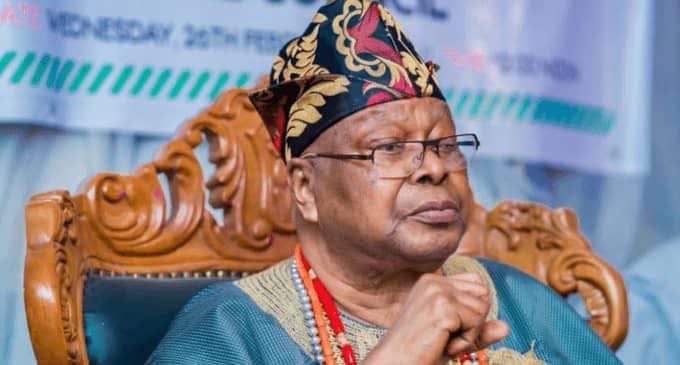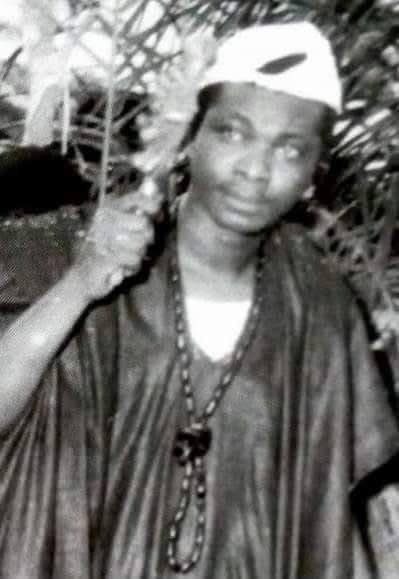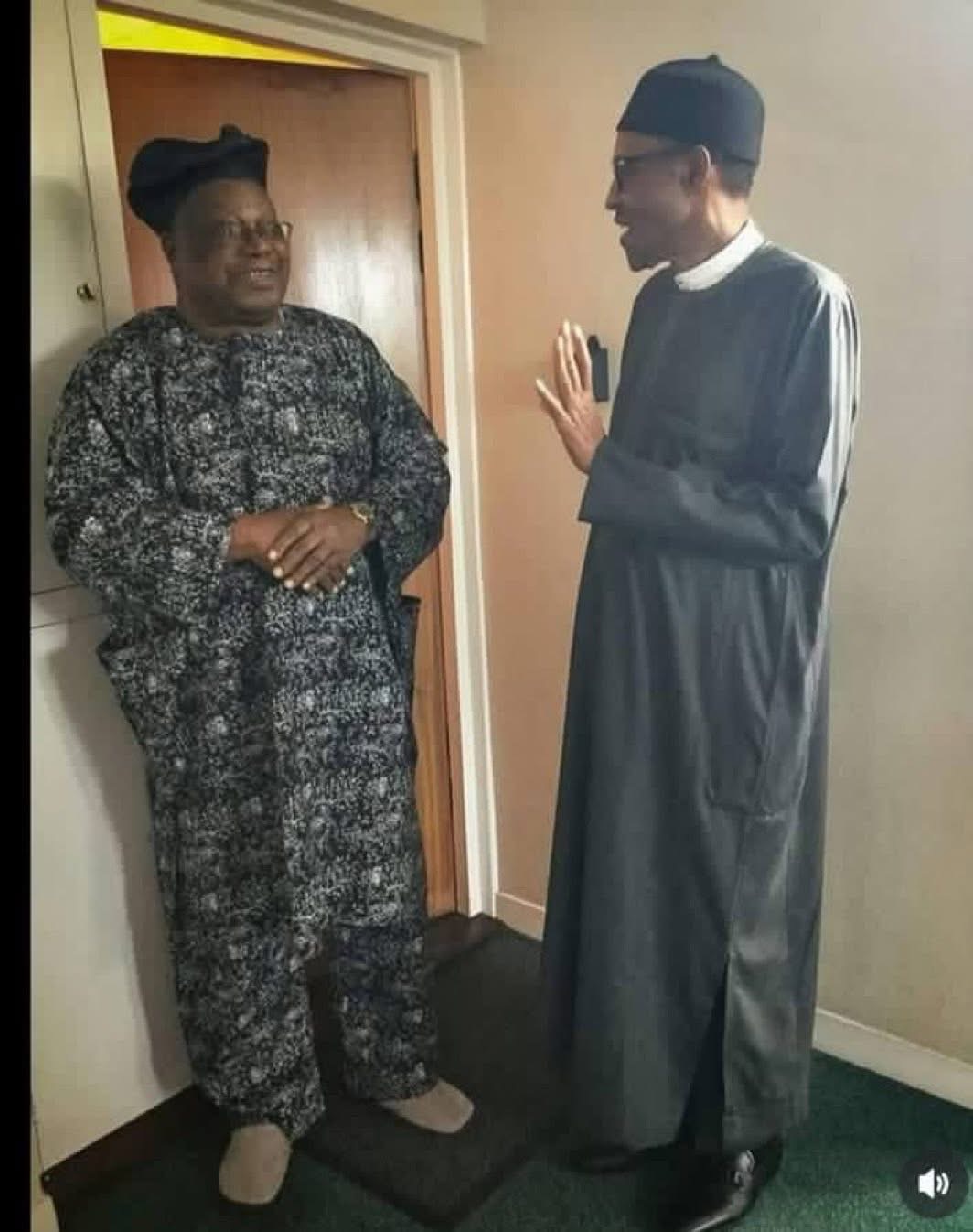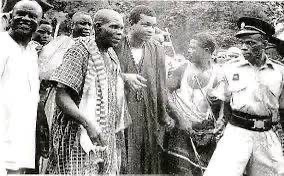On July 13, 2025, the sun set on an extraordinary era as Oba Sikiru Kayode Adetona, the 91-year-old Awujale of Ijebuland, drew his final breath. His reign, stretching over 65 years, was not merely long in duration, it was profound in impact, emblematic of a singular fusion of ancient Yoruba customs and modern vision.

In the measured hush that has now settled over Ijebu Ode, one truth resounds: his departure is not only the end of a reign, but the beginning of a pivotal chapter in Ijebuland’s cultural rebirth.
A Reign Defined by Transformation

Oba Adetona ascended the Awujale throne on April 2, 1960, at the remarkably young age of 26. Few could have predicted that this scion of the Anikinaiya dynasty would emerge as one of Nigeria’s most respected traditional rulers. Over the decades, he became the architect of modern Ijebuland, an elder statesman whose counsel shaped policy, whose integrity commanded respect, and whose commitment to cultural preservation inspired generations.
His reign transformed the once modest Ojude Oba Festival into a world-renowned celebration of Ijebu heritage, attracting over a million participants annually. He fortified the Agemo Festival, protecting it from the erosion of time and external influence. He advanced education, economic empowerment, and community cohesion with deliberate vision.
The Final Rites: Tradition Meets Modernity

In life, Oba Adetona was known for his clarity of purpose. In death, he ensured that clarity would continue guiding Ijebuland.
Unlike some Yoruba monarchs whose burials are governed by powerful traditional societies, Oba Adetona had long made his wishes unmistakable: no secret cult rites would preside over his passage.
In 2016, he publicly declared that his burial would honor both tradition and his personal faith. This conviction was later reinforced by a 2022 Ogun State law granting families authority over burial rites an unprecedented assertion of agency over the sacred protocols of kingship.

As mourning deepens, the royal household, kingmakers, and Ogun State authorities are coordinating funeral rites blending ancestral homage and spiritual reflection. Seclusion, ritual preparations, and solemn observances are unfolding as a testament to his stature.
The Question of Succession
In Yoruba monarchies, transitions are not mere formalities they are crucibles where culture, politics, and destiny converge. The Awujale stool rotates among four ruling houses: Gbelegbuwa, Anikinaiya, Fusengbuwa, and Fidipote. With Anikinaiya’s turn complete, the next Awujale will emerge from another house through a process both spiritual and legal.
Oba Adetona was emphatic about what must guide that selection. During the Ojude Oba Festival in 2019, he delivered an unequivocal charge:
“Reject any candidate that will put Ijebuland into retrogression. Do not select a moneybag. Call on God for direction.”
As kingmakers convene, these words will echo in their deliberations. The next Awujale must embody the same balance: reverence for tradition and capacity to lead in an increasingly modern world.
A Cultural Renaissance Poised to Continue

While the loss of Oba Adetona leaves a vast vacuum of leadership, it also serves as a clarion call to sustain the cultural renaissance he championed.
Over the past 30 years, Ijebuland has experienced an extraordinary revival:
• Ojude Oba’s Transformation: From a modest gathering to an international tourism engine, driving over ₦2 billion in annual spending.
• Agemo Festival’s Preservation: Protected and elevated, reinforcing ancestral faith as a cornerstone of identity.
• Ijebu Language and Storytelling: Revitalized through school programs, documentaries, and diaspora collaborations.
• Economic Empowerment: Initiatives like the Ijebu Development Initiative on Poverty Reduction (IDIPR) improved livelihoods and dignified communities.
In many ways, Oba Adetona’s passing accelerates these efforts rather than halts them. The coming months will see cultural committees and government agencies proposing new initiatives, such as:
• A permanent Ojude Oba Museum in Ijebu Ode.
• Digital archives preserving his speeches and royal history.
• Expanded heritage tourism linking Ijebu Ode to Sagamu, Epe, and beyond.
A Moment to Reaffirm Identity

Transitions of this magnitude are not simply about succession. They are an opportunity for a people to pause, reflect, and reaffirm who they are. For Ijebuland, this is that moment: to honor a king who married ancestral wisdom to modern governance, and to recommit to an identity that is both rooted and forward-looking.
Community elders and cultural custodians have been unequivocal in their reflections:
“We are burying a king, but not the values. The values will now sprout in every Ijebu son and daughter.”
This is the heartbeat of Ijebu revival—a resilient identity that will outlast any individual reign.
Final Reflections
As Oba Sikiru Adetona journeys to the ancestral realm, he leaves behind an indelible legacy, a life that was at once ancient and modern, regal and humble, traditional and progressive.
He was, in many respects, the Awujale who defined an era.
And as the dust settles on this moment of mourning, Ijebuland stands at a crossroad of memory and destiny poised to carry forward his values, confident that the roots he tended so carefully will continue to flourish.
Baami, Ogbagba Agbotewole II—may your spirit rest in serene light. Your people will not forget. Your legacy remains unextinguished.
Written By Adesina Kasali
A Full Blooded Ijebu




